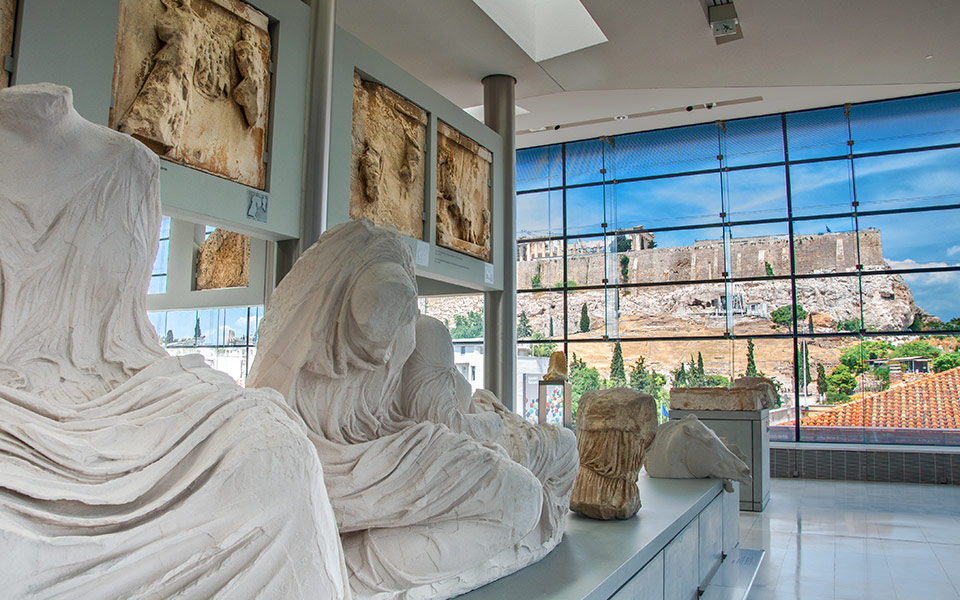27 January 2021
'The Armada maps belong in Britain, along with the Elgin Marbles – nothing hypocritical about that', writes Simon Heffer in the Telegraph.
Simon Heffer makes a clear plea: "too many vital pieces of our national heritage have already been lost to overseas buyers. We must keep them, whatever the cost."
His opening paragraph asks: should we rejoice that the Government has banned the sale, to a collector in America, of a series of ink and watercolour maps from the late 16th century that depict the defeat of the Spanish Armada, or is it an act of shocking hypocrisy from a nation that steadfastly refuses to allow Greece to have the Elgin marbles back?
Professor Anthony Snodgrass, rightly points out: The salient point is that there's just no comparison between the two petitioners, in one case "a collector in America" and in the other, “the Greek nation."
Janet Suzman and Perter Thonemann sent letters to the Editor of the Telegraph in response to Simon Heffer's article. Peter's letter was published in the Telegraph on 30 January 2021 and also in The Week on 06 February 2021.

Sir,
Simon Heffer on the Elgin Marbles 27th January 2021
I fear Simon Heffer is comparing apples and pears; the Armada maps have a great deal to do with British history, but the Parthenon sculptures were conceived in the time of Pericles & are integrally part of the building that still stands above Athens. Far from being 'perfectly preserved'; they are much damaged by violent detachment from that building by Elgin’s servants.
Heffer fails to tell the BM has one half of the marbles looted by Lord Elgin, and the other half in Athens - neither making any sense without its absent half. Our lot were not kept to 'the most rigorous standards of conservation', once clumsily scrubbed to make them look whiter. They were not meant to look white as driven English snow, but showing up brightly painted in warm Greek sunlight.
Heffer is correct that no written permission has been found giving Elgin the right to steal the Parthenon’s carvings; they are here without the consent of Greece. Demands for their return have been constant since Greece became an independent state. The carvings are as meaningful to the story of Greece as the dolmens of Salisbury plain are to ours. More so.
Sure, they maybe they were saved from further accidents, but the figures left in Greece are pretty fine too. But be it noted Elgin wanted to save them, not for the nation, but for himself in his lordly pile in Scotland. Only when he later got ill and bankrupt he bethought him of selling them to the British Museum.
After two hundred years of captivity in gloomy Room 18 of the British Museum, the Marbles have done their work in reviving classical studies & inspiring the aesthetic, philosophic and political thinking of the West. Their beauty will hardly be diminished by beingby being in the world-class museum awaiting them in Athens . It is high time that the incomplete and inaccurate story told by Simon Heffer and friends was expunged from British urban mythology.
Sincerely,
Janet Suzman DBE
Chair British Committee for the Reunification of the Parthenon Mables
